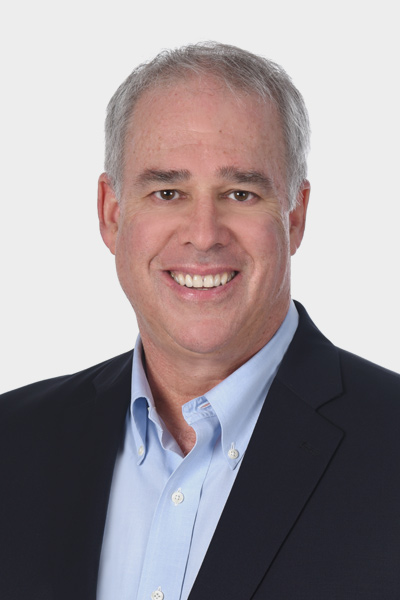The Coronavirus Aid, Relief, and Economic Security (or “CARES”) Act includes a Small Business Administration (“SBA”) Paycheck Protection Program (“PPP”). The PPP was intended to provide unsecured loans on favorable terms to small businesses to pay their employees and other enumerated expenses during the COVID-19 crisis. The PPP provides that the loans are forgivable if used as specified in the Act. One of the requirements of the program is that applicant borrowers, when applying for a loan, must certify “that the uncertainty of current economic conditions makes necessary the loan request to support the ongoing operations” of the applicant.
The PPP has recently come under scrutiny after reports that some large public companies, including national restaurant chains, obtained loans in excess of $10 million. In response, the SBA issued guidance in April indicating that it is unlikely that a public company with substantial market value and access to capital markets would be able to make the required certification in good faith, and that it should be prepared to demonstrate to the SBA, upon request, the basis for its certification.
Some believed that the April guidance could have the effect of discouraging smaller employers who were otherwise eligible from applying for loans. Earlier this month, in light of the program’s original intent and in order to provide assurance to smaller employers, the SBA issued additional guidance which creates a safe-harbor from certification review for borrowers that received less than $2 million. This safe harbor provides that any such borrower “will be deemed to have made the required certification concerning the necessity of the loan request in good faith.”
According to the SBA, this safe harbor is appropriate “because borrowers with loans below this threshold are generally less likely to have had access to adequate sources of liquidity in the current economic environment than borrowers that obtained larger loans.” The SBA further determined that given the large volume of PPP loans, “this approach will enable SBA to conserve its finite audit resources and focus its reviews on larger loans, where the compliance effort may yield higher returns.”
For further information, go to: https://home.treasury.gov/system/files/136/Paycheck-Protection-Program-Frequently-Asked-Questions.pdf
By Brad R. Becker
Associate at Frandzel Robins Bloom & Csato, L.C.

